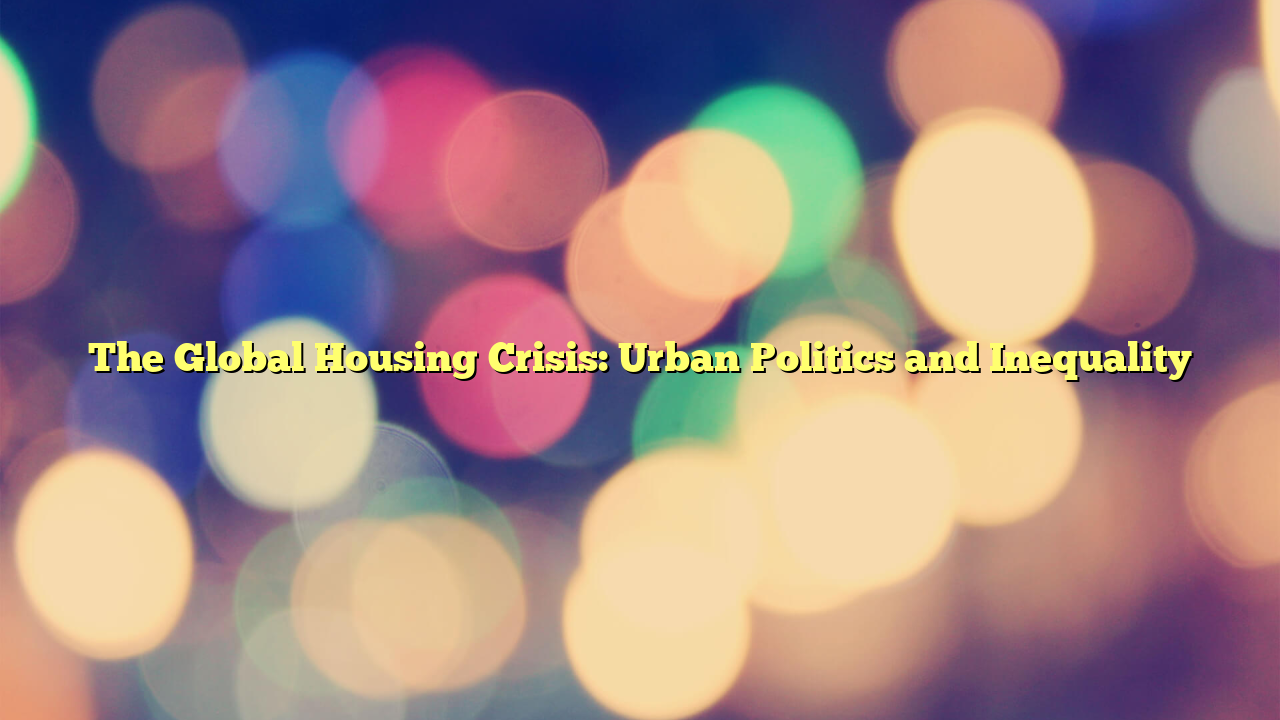From London to Lagos, from San Francisco to São Paulo, housing has become one of the defining political challenges of our time. Soaring rents, speculative investment, and stagnant wages have transformed cities into naga169 link alternatif battlegrounds for economic justice.
In developed economies, the pandemic-era housing boom deepened inequality. Wealthy investors turned homes into assets, while millions struggled with rising mortgage rates. In cities like Berlin, tenants’ movements have pushed for rent caps and even expropriation of large property owners.
Meanwhile, in the Global South, rapid urbanization outpaces infrastructure. Nearly one billion people now live in informal settlements. Governments in India, Kenya, and Brazil promise affordable housing, but corruption and limited funding slow progress.
The crisis is also globalized through finance. Investment funds and real estate conglomerates treat housing as a safe haven for capital, fueling speculation from Vancouver to Dubai. The result: empty skyscrapers amid rising homelessness.
The political consequences are profound. Populist parties exploit frustration over affordability, while younger generations question capitalism’s ability to deliver basic shelter. The UN estimates that by 2030, 3 billion people will need adequate housing.
Reforms — from property taxes to community land trusts — are emerging, but experts warn that without systemic change, housing inequality could become the next global flashpoint.


